Save the Children organizes intergenerational dialogue on humanitarian priorities in Peru
- Representatives from the government and international cooperation reaffirmed their commitment and identified opportunities to work together for the benefit of the most vulnerable children.
With the aim of fostering high-level dialogue, Save the Children organized a working breakfast to highlight humanitarian priorities in Peru, including those related to migration, education, health, and child protection. The event brought together girls and adolescents, government officials, embassies, United Nations agencies, as well as global and regional leaders from Save the Children International.
Representing migrant children, Vanessa, a Venezuelan teenager residing in Peru, called on decision-makers and the international community to involve girls, boys, and adolescents in their workspaces.
“Beyond the need to coordinate with grassroots organizations of migrant people, I want to stress that an accurate understanding of reality can only be achieved by directly involving migrants, including children, as they often serve as the link to the Venezuelan population”, said Vanessa.
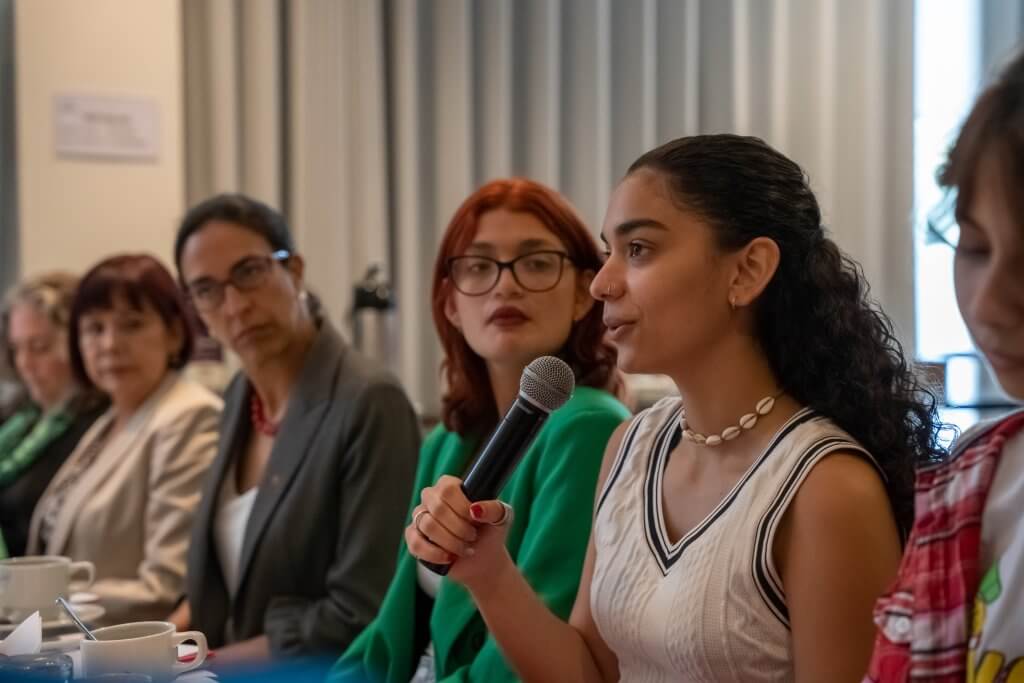
Ana Paula, another Venezuelan teenager, reiterated that the migrant population faces multiple difficulties in accessing essential services such as education and healthcare, which are crucial for children. She also drew attention to issues that have become normalized in the country, such as discrimination and the hypersexualization of Venezuelan women, including teenagers. In this regard, she called for the inclusion of actions specifically designed for girls, boys, and adolescents in the migration policy.
During the same event, Amy, a Peruvian teenager, advocated for the integration of migrant individuals, highlighting the prevalent discrimination in the country. “Judging migrants only adds further burden to the act of migration itself,” she reflected.
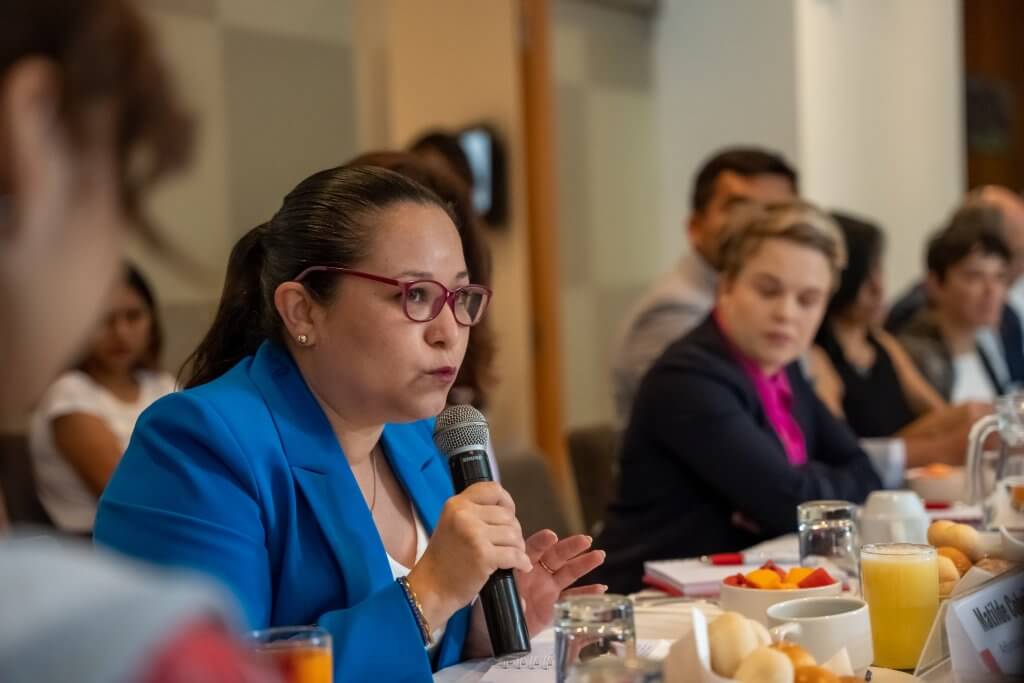
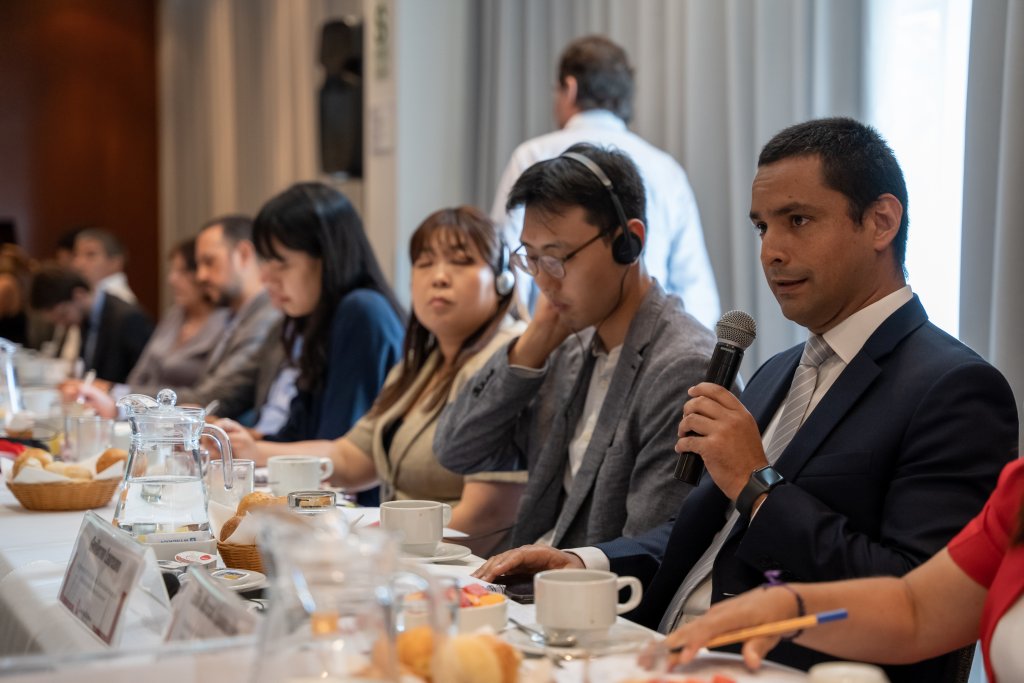
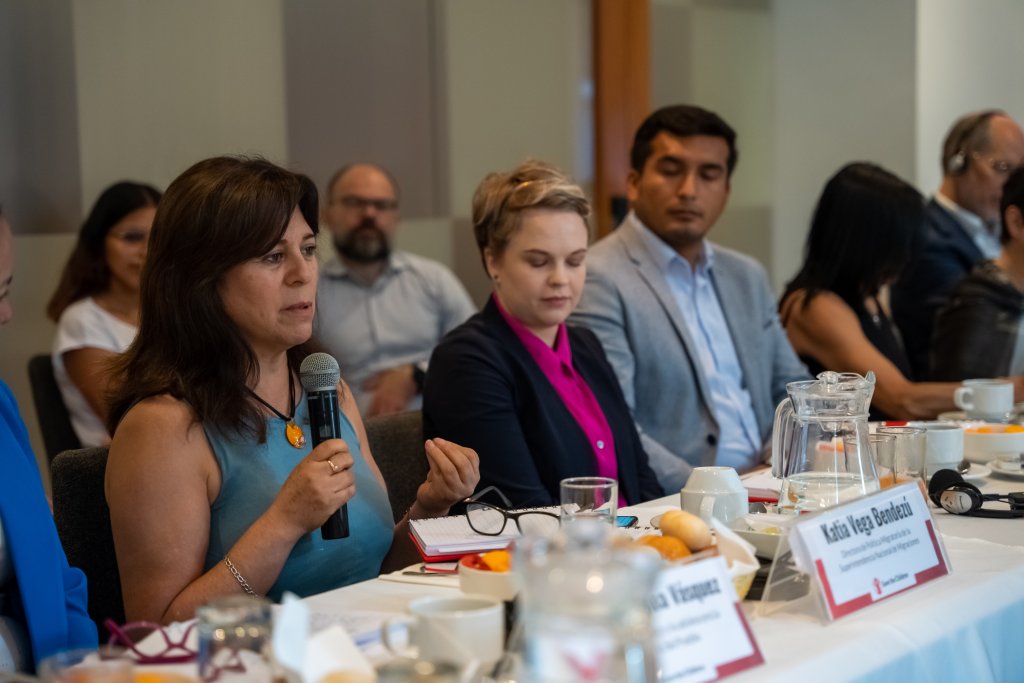
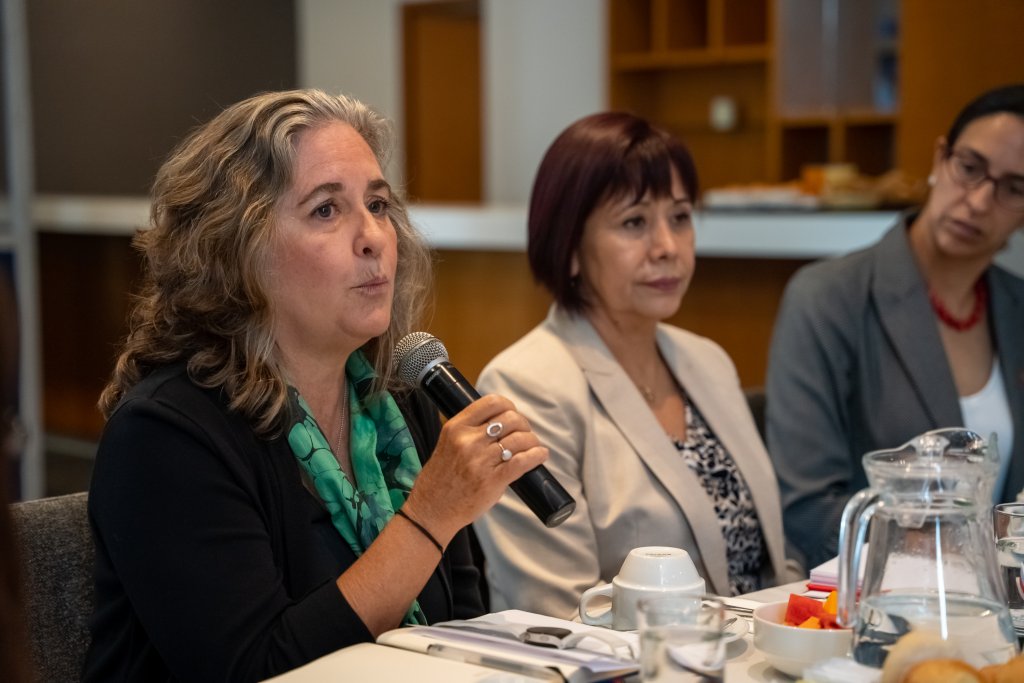
After listening to their demands, the Minister of Women and Vulnerable Populations, Nancy Tolentino, emphasized the need for effective communication and coordination among different government structures to ensure comprehensive responses to the needs of children. As part of this commitment, it was decided to establish a high-level team to address the specific needs of migrant children and strengthen the Special Protection Units.
Katia Vega, Acting Director of Migration Policy from the National Superintendence of Migrations, announced the establishment of a permanent working group in 2023 focused on resolving issues related to children in human mobility.
Guillermo Laureano, representing the Ministry of Foreign Affairs, highlighted the importance of including a gender perspective in migration networks, considering complex issues such as human trafficking that affect migrant girls and women.
The event also included the participation of high-level representatives from the Ombudsman’s Office, IOM, FAO, UNICEF, UNHCR, World Bank, Inter-American Development Bank, UNDP, and other international cooperation agencies, including Swiss Cooperation, KOICA Peru, and GIZ, as well as officials from the embassies of the United States, European Union, South Korea, Canada, France, and Germany. Global leaders from Save the Children International, such as Greg Ramm, Humanitarian Response Leader; Taiye Babarinsa, Manager of Humanitarian Program Quality; and Victoria Ward, Regional Director for Latin America and the Caribbean, were also present.
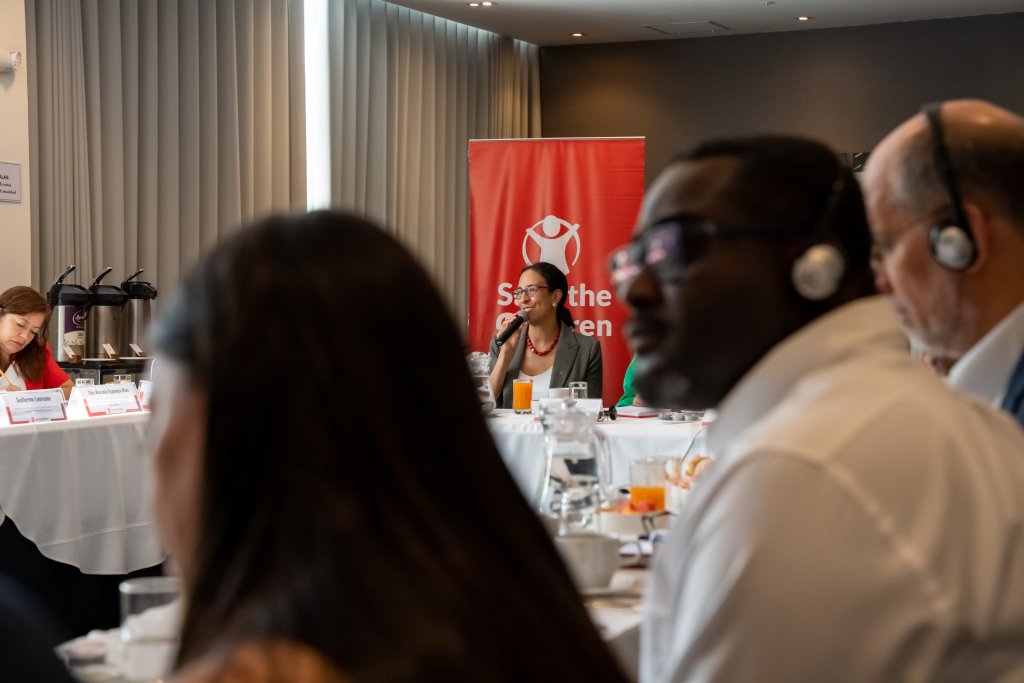
Humanitarian Priorities in Peru
- During the event, Save the Children Peru presented its intervention on climate change, which includes the implementation of the Agro-meteorological Information System (SIA), currently operated by Senamhi, allowing for drought predictions and anticipatory actions.
- The objectives of the global campaign “Generation Hope” were also discussed, through which Save the Children urgently calls for action on climate change and inequality, with and for children. In Peru, the aim is to include girls, boys, and adolescents in the National Climate Change Strategy for 2050.
- Regarding food security, the organization presented its work with 117 community kitchens in Metropolitan Lima, providing supplies and nutrition training.
- In response to the education emergency, which is further complicated by the migration phenomenon, Save the Children has supported 30,000 migrants, refugees, and host community members, in addition to providing training in socio-emotional skills and mental health to 3,000 teachers and 1,000 families.
.png)




